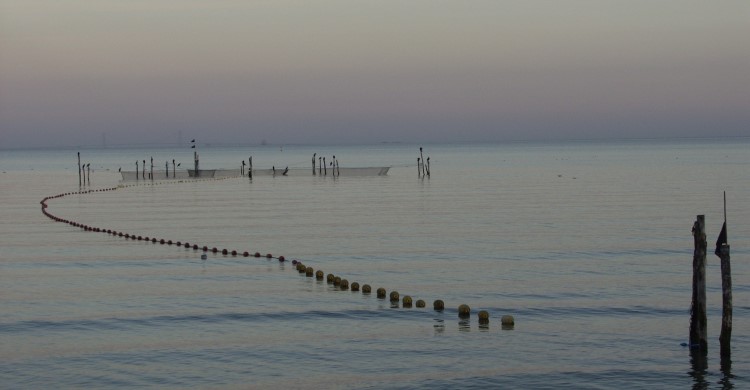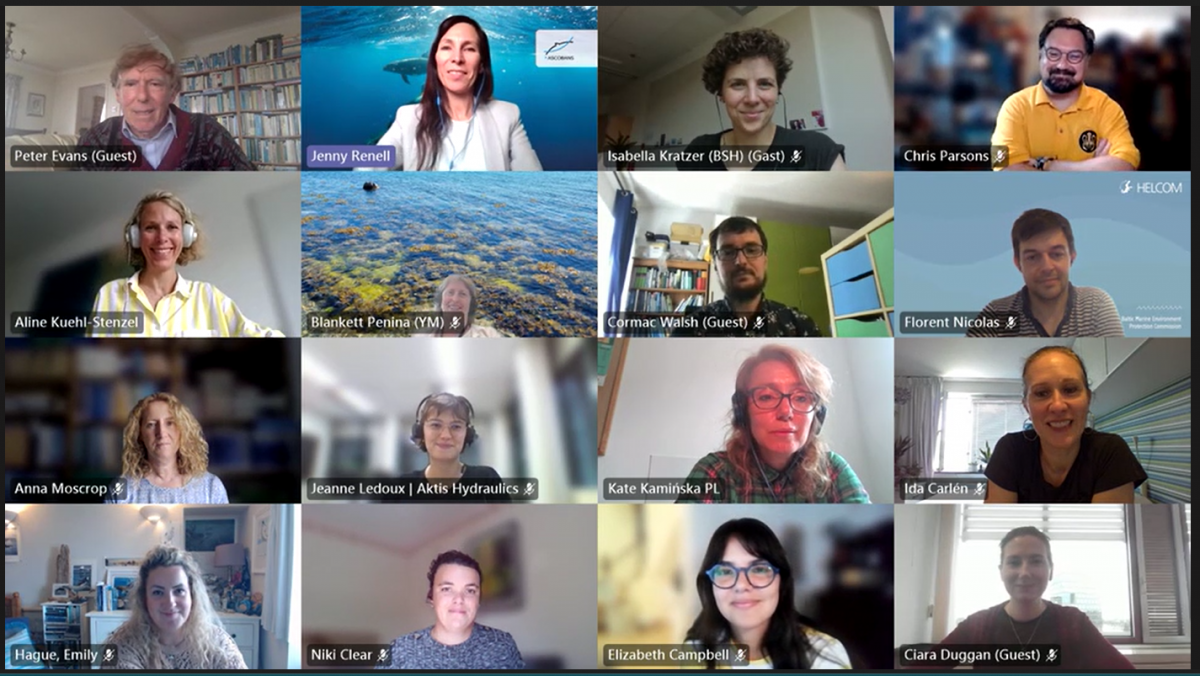Technical Workshop on Developing Guidelines for Cetacean-sensitive Maritime Spatial Planning

© Krzysztof Skora Hel Marine Station
The 26th Meeting of the ASCOBANS Advisory Committee (AC26, 2021) encouraged Parties to “consistently include the distributions of all relevant cetaceans listed under ASCOBANS in their national marine spatial plans, for example through reservation areas. Attention should be paid to avoid barriers to cetacean movement throughout their range, including international borders.” AC26 also agreed that guidelines for cetacean-friendly MSP should be developed, and a working group formed to elaborate on how to best develop those guidelines. A draft was circulated to Parties, selected IGOs and NGOs, and identified experts in May 2023 for a review.
A technical workshop was organized on 27-28 June 2023, online, to present an overview of the feedback received during the consultation period, and to discuss any points that need to be solved before the draft could be presented to the 28th Meeting of the ASCOBANS Advisory Committee.
During the workshop, maritime spatial planning (MSP) was defined as “a public process of analysing and allocating the spatial and temporal distribution of human activities in marine areas to achieve ecological, economical, and social objectives” which is evidence-based. MSP has two key roles: regulatory (the coordinated use of sea space) and strategic forward planning (marine ecosystem management), and MSP processes should be a multi-stakeholder learning processes.
The core underlying MSP principles within the guidelines, also well established in international policy context, are being ecosystem-based, precautionary, and using the Best Available Technology (BAT) and Best Environmental Practices (BEP). High-level recommendations were presented from the current version of the draft guidelines, as focusing on the application of ecosystem-based MSP, area-based cetacean conservation embedded within MPA networks, the use of an adaptive process with a mitigation hierarchy to net benefit cetaceans and the transboundary coordination and cooperation of MPAs.
The workshop also had short thematic sessions on offshore wind and underwater noise, shippping, fisheries, climate change adaptation, on integration of cetacean conservation in maritime spatial planning, monitoring and dynamic management, restoration. The report of the workshop will be made available on the workshop page in due course.

Last updated on 10 December 2023


